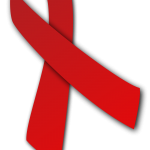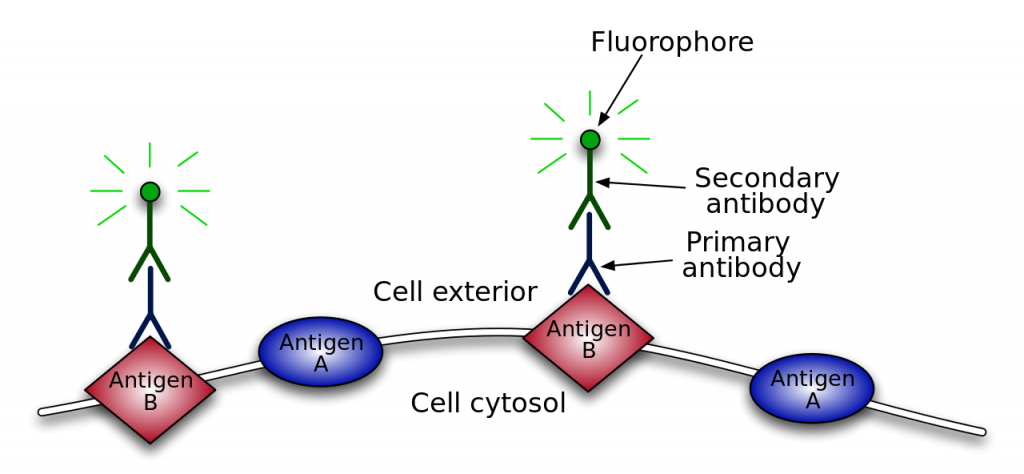New Antibody Shows Promise in Treating HIV
 An experimental antibody therapy has shown promise in suppressing HIV infection, bringing optimism to the HIV field and suggesting new strategies for fighting or even preventing HIV.
An experimental antibody therapy has shown promise in suppressing HIV infection, bringing optimism to the HIV field and suggesting new strategies for fighting or even preventing HIV.
Rockefeller University researchers have found that an experimental therapy, part of a new generation of so-called broadly neutralizing antibodies, can dramatically reduce the amount of virus present in a patient’s blood. The study was published this week in Nature.
In individuals infected with HIV, an ongoing race between the virus and the body’s immune system exists. Even as the body produces new antibodies that target the virus, the virus is constantly changing and mutating, allowing the virus to escape and stay ahead. The study found that administration of 3BNC117, a potent antibody, can catch HIV off guard and reduce viral loads. The antibody belongs to a new generation of broadly neutralizing antibodies that potently fight various HIV strains.
 The study was conducted in Michel Nussenzweig’s Laboratory of Molecular Immunology.
The study was conducted in Michel Nussenzweig’s Laboratory of Molecular Immunology.
“What’s special about these antibodies is that they have activity against over 80 percent of HIV strains and they are extremely potent,” said Marina Caskey, assistant professor of clinical investigation in the Nussenzweig lab and co-first author of the study.
3BN117 was originally isolated by Johannes Scheid in the Nussenzweig laboratory. The antibody targets the CD4 binding site of the HIV envelope, and the CD4 receptor is the primary site of attachment of HIV to host cells. 3BN117 shows activity against 195 out of 237 HIV strains.
Broadly neutralizing antibodies are naturally produced in roughly 10 to 30 percent of HIV patients, but only after several years of infection. By the time the virus in their bodies has typically evolved to escape even these powerful antibodies. By isolating and cloning these antibodies, researchers are able to harness them as therapeutic agents against HIV infections that have had less time to prepare.
Earlier work in the Nussenzweig lab had demonstrated that these potent antibodies could prevent or suppress infection in mouse and non-human primate models of HIV. However, according to Caskey, these animal models are very rough approximations of human infections. The mice have to be genetically engineered to be vulnerable to HIV and therefore lack an intact immune system, and the primates used in HIV studies can only be infected with a simian version of the virus.
In the new study, uninfected and HIV-infected individuals were given a single dose of the antibody intravenously. The participants were monitored for 56 days. Researchers found that at the highest dosage level tested in the study, all eight infected individuals treated showed up to 300-fold decreases in the amount of virus in their blood, with most reaching their lowest viral load one week after treatment. This study marked the first time that the new generation of HIV antibodies were tested in humans. 3BN117 was considered well tolerated and effective in temporarily reducing viral loads, in some individuals it remained active in the body for a long period. In half of the participants receiveing the highest dose, viral loads remained below starting levels even at the end of the 8-week study period and resistance to 3BN117 did not occur. Researchers believe that antibodies may be able to enhance the patient’s immune response against HIV. This can in turn lead to better control of the infection. Additionally, antibodies like 3BN117 may be able to kill viruses hidden in infected cells, which cannot be accessed by current antiretroviral drugs.
It is likely that, like other anti-retrovirals, 3BN117 will need to be used in combination with other antibodies or retroviral drugs to manage infections.
“One antibody along, like one drug alone, will not be sufficient to suppress viral load for a long time because resistance will arise,” Caskey said. However, an important benefit is the dosing schedule: an antibody therapy for HIV might require treatment just once every few months, as opposed to daily the current front-line treatment regimens of antiretroviral drugs.
“In contrast to conventional antiretroviral therapy, antibody-mediated therapy can also engage the patient’s immune cells, which can help to better neutralize the virus,” said co-first author Florian Klein, also assistant professor of clinical investigation in the Nussenzweig laboratory.
The study also raises hope for an HIV vaccine. If researchers can induce an uninfected person’s immune system to generate potent antibodies like 3BN117, it might be enough to block the infection before it can be established.
Source: Rockefeller University
